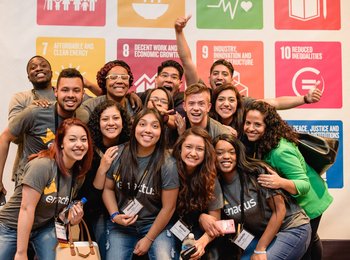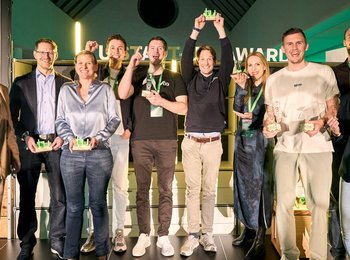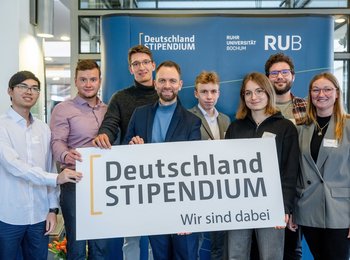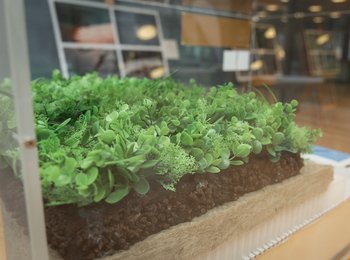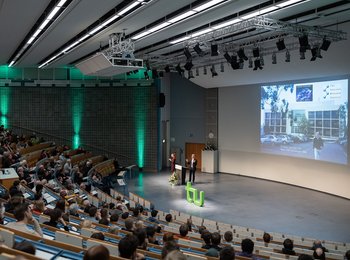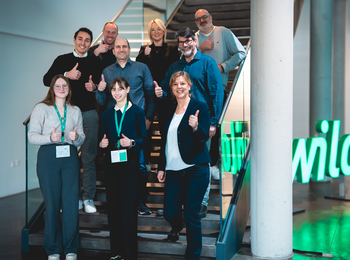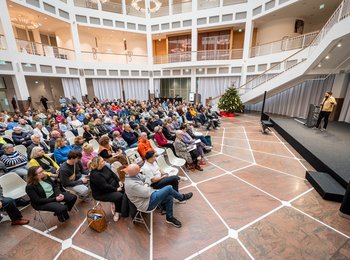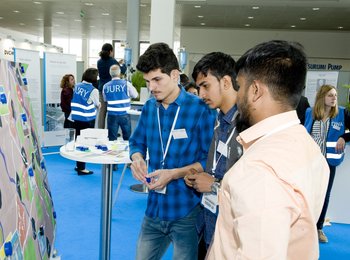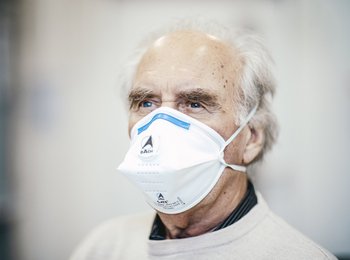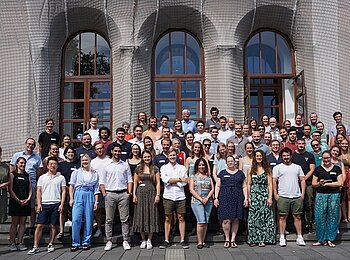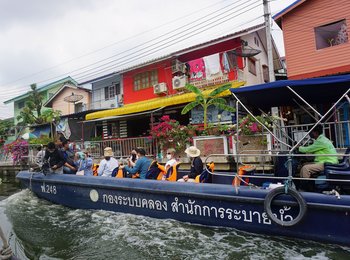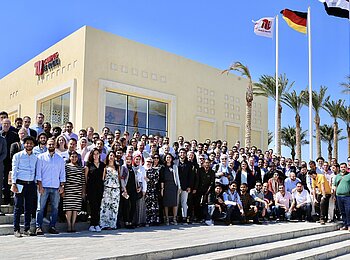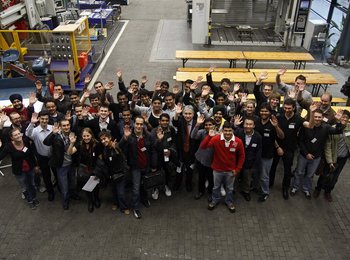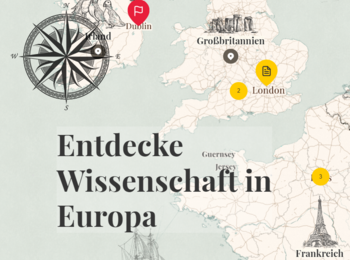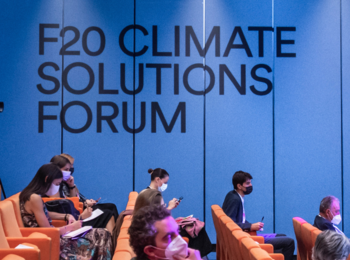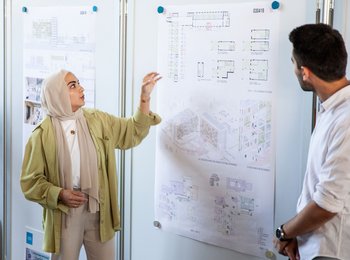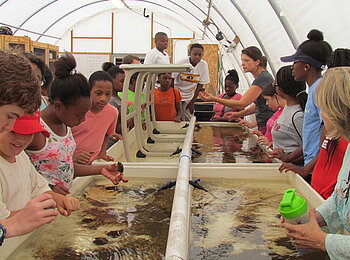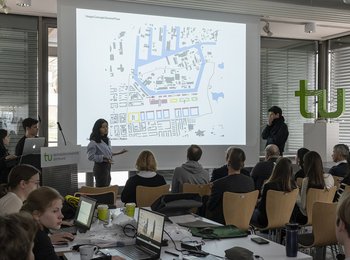Mongolia has a population of only 3 million people – yet the country is almost five times bigger than Germany. But even there, in the world’s most sparsely populated country, the pressing issues of climate change and environmental protection have long become topics of vital importance for humans and nature. In 2018, a water conference was launched in the city of Murun. It brings together international speakers and delegates and is organised and implemented by the association Khuvsgul Club Germany.
During the two-day conference, which was being sponsored by the Wilo-Foundation for three consecutive years, scientists and experts, including the president of the Brandenburg Academy of Water, representatives of municipalities and practitioners from the field, discussed various issues, such as the protection of Lake Khövsgöl, one of Mongolia’s important freshwater reserves. Most recently, the conference was also attended by non-governmental organisations (NGOs) that presented projects and solutions developed by and with members of civil society, for instance solutions for dealing with plastic waste and the increasing pollution of Lake Khuvsgul.
The lake, a freshwater reservoir located in the northwestern part of Mongolia, is the second biggest drinking water reservoir in Central Asia and the biggest in Mongolia. Combined, and including its rivers, Lake Khuvskul and the downstream Lake Baikal, make up more than a fifth of the global freshwater reserves. Lake Khuvskul is traditionally considered a sacred place in Mongolia, a very dry country where most lakes are salt water lakes.
Photo Header: Khuvsgul Club Germany e.V., Baruth/Mark
Our funding partner
The aim of the association Khuvsgul Club Germany e.V., Baruth/Mark is to promote cultural, civic and economic cooperation between Germany and Mongolia.
The town twinning between Baruth/Mark (in the federal state of Brandenburg, Germany) and Murun (in Mongolia) was established in 2011. Since then, various measures and projects of municipal development cooperation have been developed, including the annual water conference. Today, the municipal partnership is being supported by the embassies of both countries and by the Federal Ministry for Economic Cooperation and Development (BMZ). It is regarded as a prime example of successful international partnerships between towns and cities.
UN Sustainable Development Goals
The UN 2030 Agenda for Sustainable Development with its 17 Sustainable Development Goals (SDGs) forms the global framework for action for socially, economically and ecologically sustainable development. Our funding commitment also supports these sustainability goals. With this project, we are making a contribution to achieving the following SDGs:
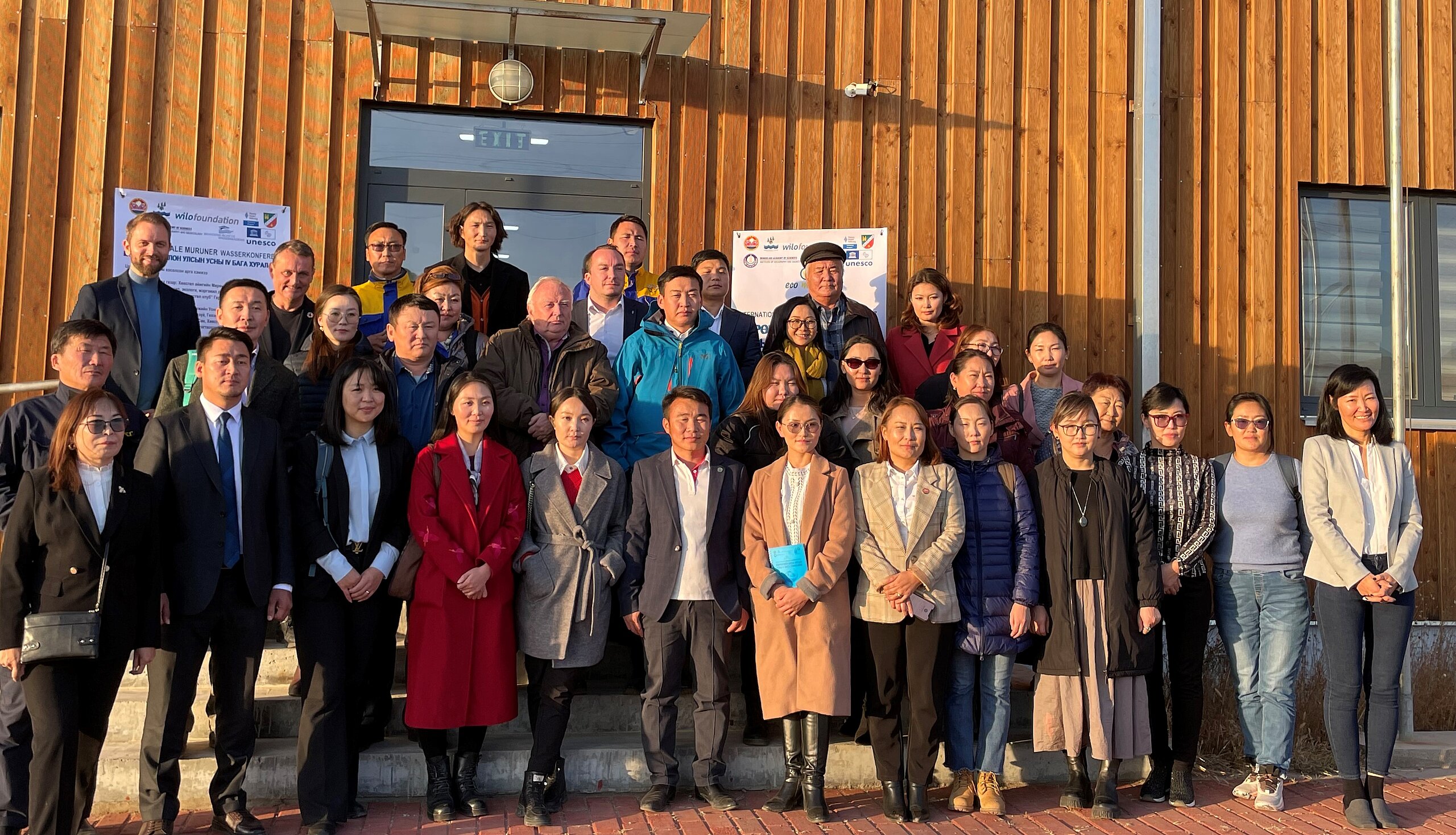
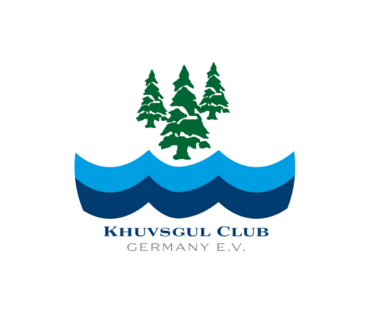
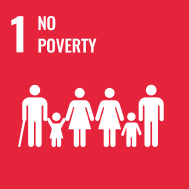
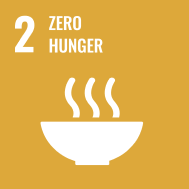
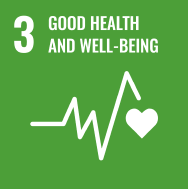
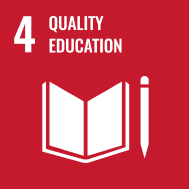
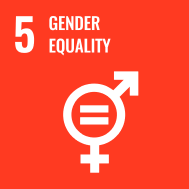
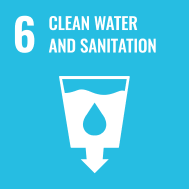
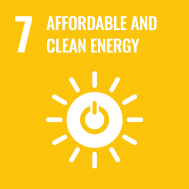
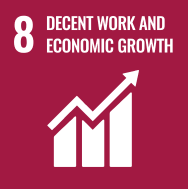
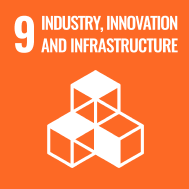








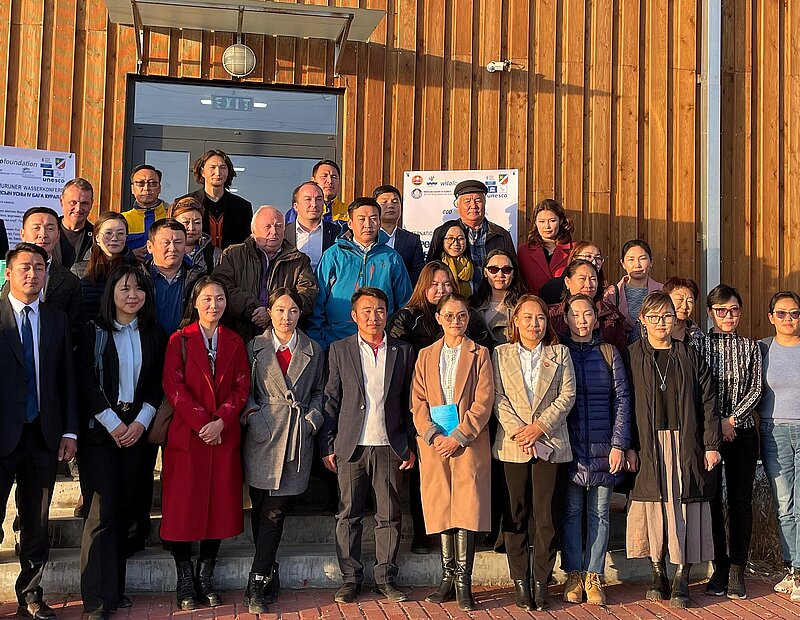
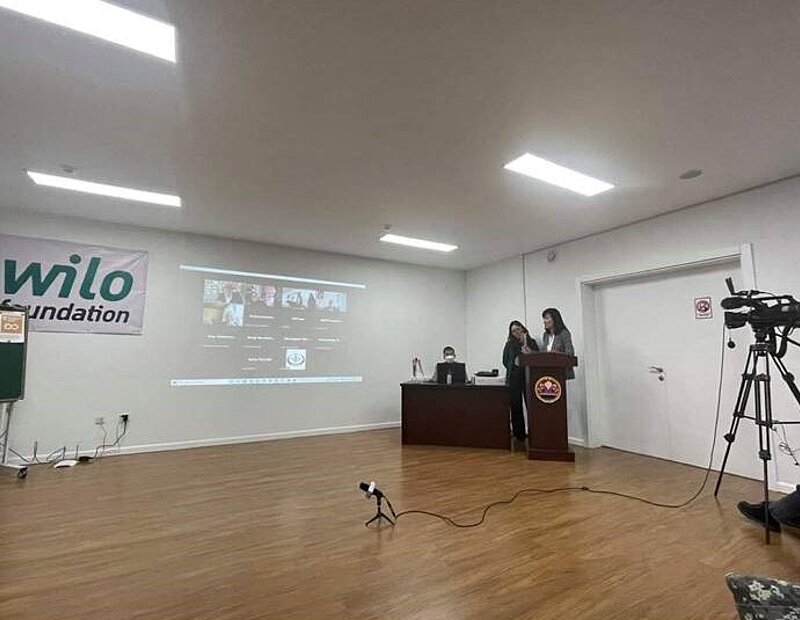
![[Translate to English:] [Translate to English:]](https://www.wilo-foundation.de/fileadmin/co_theme/Default/_processed_/d/3/csm_ECD_Visualisierungen-01_CampusDUS_Rendering_0a3d03b65b.jpg)
